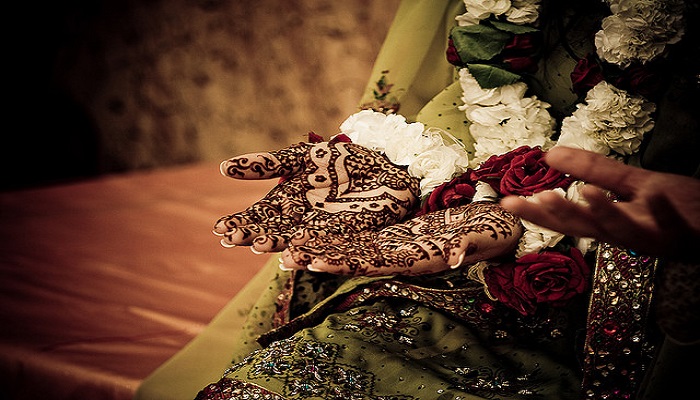Judge Seraj Desai has postponed the application to expedite the passing of legislation that will give recognition to Muslim marriages. Judge Desai ruled that he could not proceed without the involvement of crucial Chapter 9 institutions and tabled the proceeding to March 2017. The Women’s Legal Centre, which brought forward the application, has consequently been ordered to serve the application on two Chapter Nine institutions – the South African Human Rights Commission (SAHRC) and the Commission for the Promotion and Protection of Rights of Cultural, Religious and Linguistic Communities.
Speaking to VOC News on Tuesday, Women’s Legal Centre attorney Hooda Abrahams-Fayker said the centre is disappointed with the decision, since the application was made in December 2014. She, however, said the centre respects the decision of the court and understands the complexity of the case.
She says that if there is a need for other stakeholders to provide input in the case, the centre would welcome their participation and abide by Judge Desai’s ruling.
Abrahams-Fayker affirms that the state has indicated that it has taken steps to have legislation passed, which will give recognition to Muslim marriages, but that contestation from within the Muslim community has slowed the process.
“There is objection from the Muslim community directly, about whether there should be a legal framework to protect Muslim marriage,” she stated.
Given the fact that the proceedings were long awaited, she says that the actual arguments were not discussed last week and that the court instead dealt with technical issues surrounding the tabling of the application.
Abrahams-Fayker notes that the centre, in the run-up to the March proceedings, will work toward increasing awareness around the need to have the state legally acknowledge Muslim marriages and the consequences that a lack of judicial recourse has had in the lives of thousands of South African Muslim women.
While the arguments by stakeholders and interested parties are yet to be tabled, she confirmed that Islamic organizations, such as the United Ulama Council of South Africa (UUCSA) and the Islamic Unity Convention (IUC) have confirmed their participation in the process.
A summary of the application tabled by the Women’s Legal Centre
As an organization that advances the rights of women, with offices in both Cape Town and Johannesburg, Faker says that the centre has been approached by many Muslim women who face challenges during divorce proceedings.
“When their marriages end, either by death or divorce, they are faced with a dilemma as to claiming; rights to property that they have contributed to, rights to children, and in terms of maintenance.”
She says that contrary to women who are protected in terms of customary law and property law, Muslim women who are only married within with Islamic law are not protected by the law of the country.
“When a marriage ends in terms of an Islamic divorce, then there is no regulation, provision, or adjudication in respect of the propriety consequences; what happens to the property and what happens to the children,” she said.
Abrahams-Fayker said matters have gone to court, where through piecemeal legislation Muslim women have been able to approach the courts and inherit where their husbands have passed on, a process she describes as expensive and time consuming.
In terms of the impact the bill may have on polygynous marriages, she says that Islamic law does provide recourse in such marriages.
Within African customary law, polygyny is recognized and polygynous wives are allowed to inherit. Through South African courts a polygynous wife is allowed to inherit in terms of Islamic law.
“The legal framework is up to the legislature to decide on how the Muslim marriages should be recognized since the Women’s Legal Centre is not dictating to the legislature what must be the content of that legislation.”
Abrahams-Fayker said it is vital for the Muslim community to understand the importance for non-recognition of Muslim marriages on a community as whole, rather than isolating the issue on the impact it has on women.
She says that the centre is not requesting that a bill is passed, since a bill has already been tabled. The centre is instead highlighting the State’s failure in its obligation to ensure that Muslims have full access to the right of equality and dignity before the law.
“We are not necessarily promoting the bill itself, but asking that legislation be passed within a specific period, because the issue of protection of Muslim women, through a legal framework, has been within government for 26 years,” Faker continued.
VOC (Thakira Desai)






 WhatsApp us
WhatsApp us 

